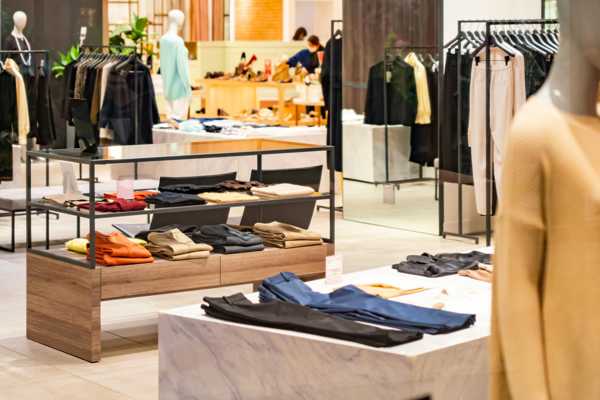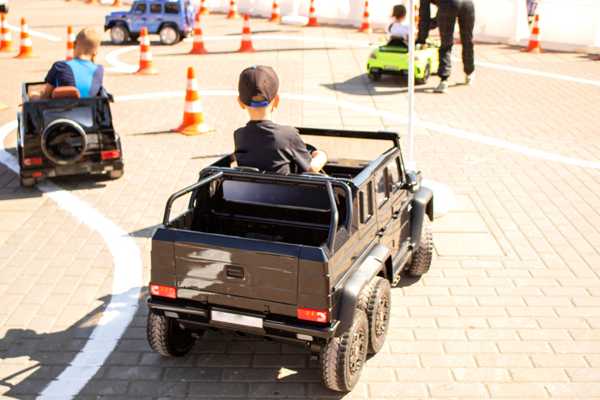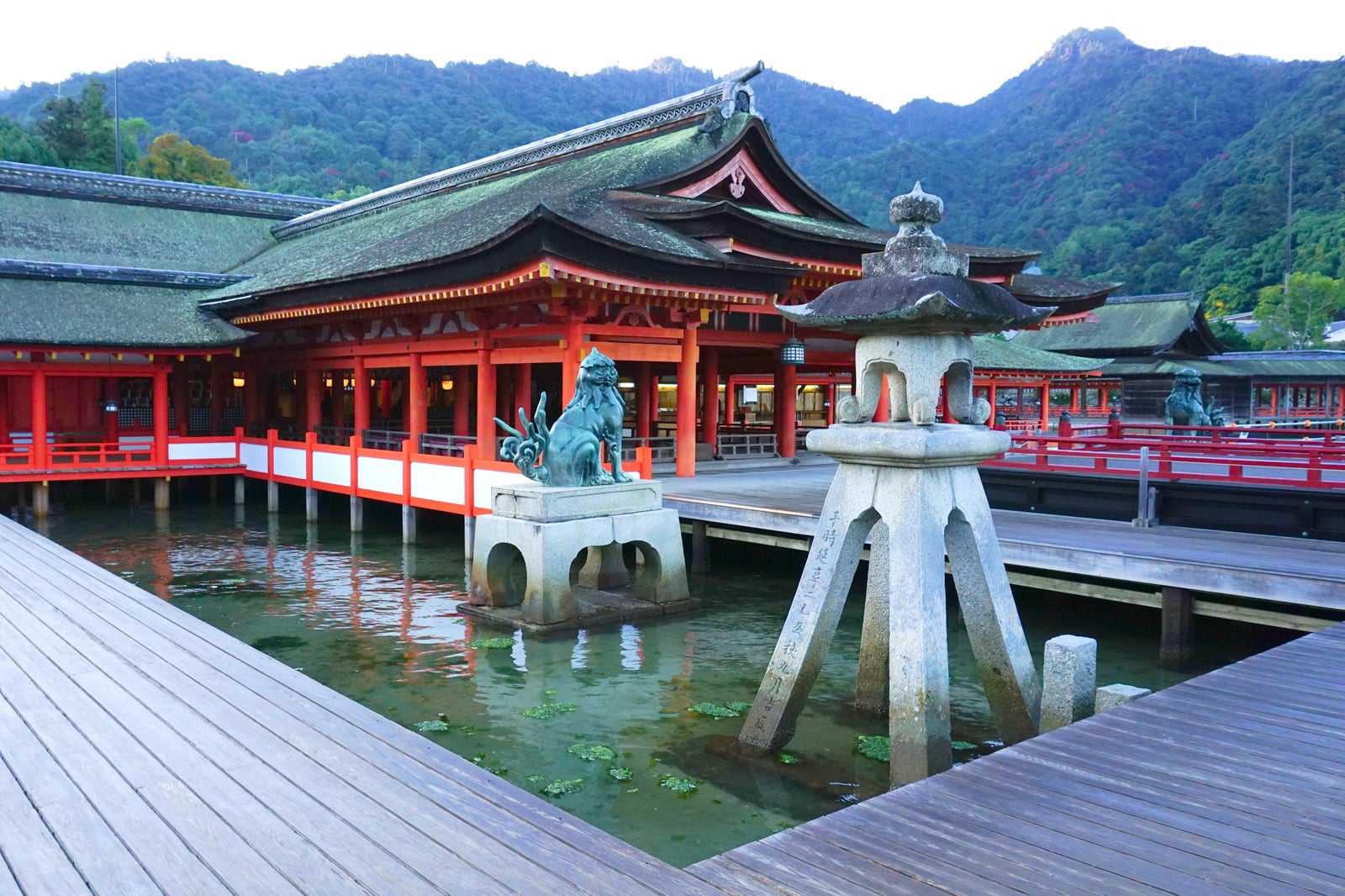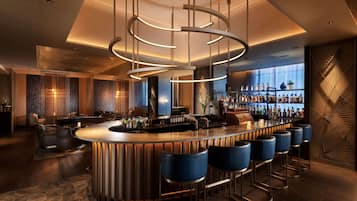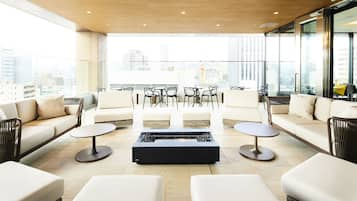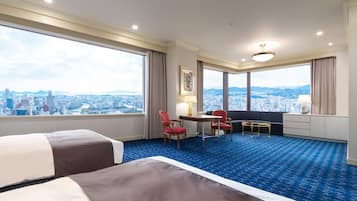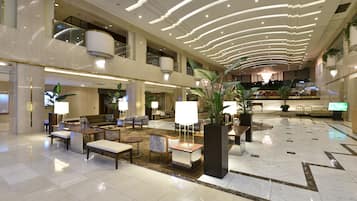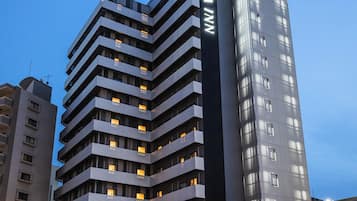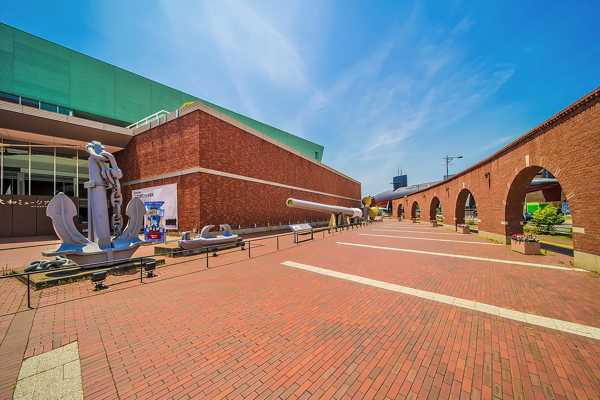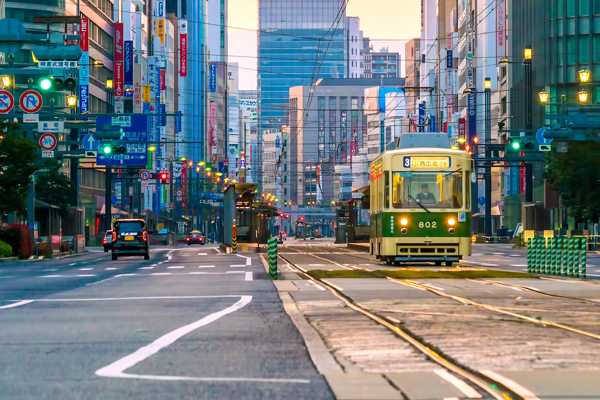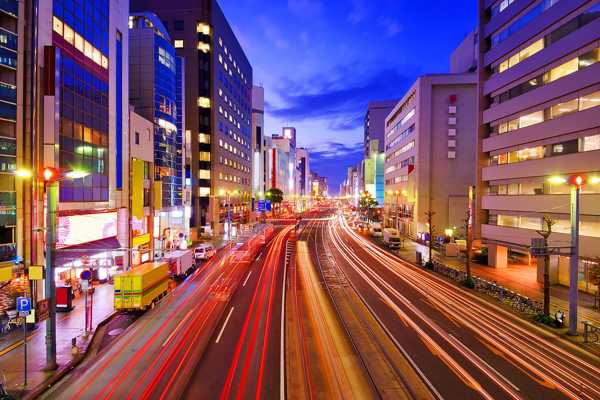Hiroshima is one of the largest cities in the Chugoku-Shikoku region, and together with the surrounding area it has its own rich, unique culture. Join us as we explore some of the places you can enjoy even on a small budget.
The tram that provides transport throughout the entire city of Hiroshima and its surroundings is a convenient and fun way to travel around the many designated National Treasures and the World Heritage Sites. Rather than stick to the modern side of Hiroshima City, make sure you also check out the places that give food for thought about the importance of peace, the historic townscapes, and the beautiful nature sites.
- 1
Atomic Bomb Dome
A symbol of Hiroshima that appeals for permanent peace and the abolition of nuclear weapons

- Sejarah
The Atomic Bomb Dome (Genbaku Dome) conveys the tragedy of the atomic bombing. It was registered as a UNESCO World Cultural Heritage Site in 1996.
It was originally a modern, Western-style building constructed in 1915 as a facility to display and sell local products from around Hiroshima Prefecture. However, the first atomic bomb in human history exploded about 160 metres south-east of the building at a height of 600 metres in August 1945. Because the blast moved almost vertically, the central part of the main building miraculously survived, and it came to be called the “Atomic Bomb Dome” by the citizens of Hiroshima after the war. It’s a place that makes you think seriously about the threat of nuclear weapons, the sorrow and regret of this tragedy, and of course the victims.
Lokasi: 1-10 Otemachi, Naka-ku, Hiroshima City, Hiroshima Prefecture 730-0051, Japan
Buka: All day
Telepon: +81 (0)82-242-7831
Peta - 2
Itsukushima
One of the Three Great Views of Japan is full of attractions
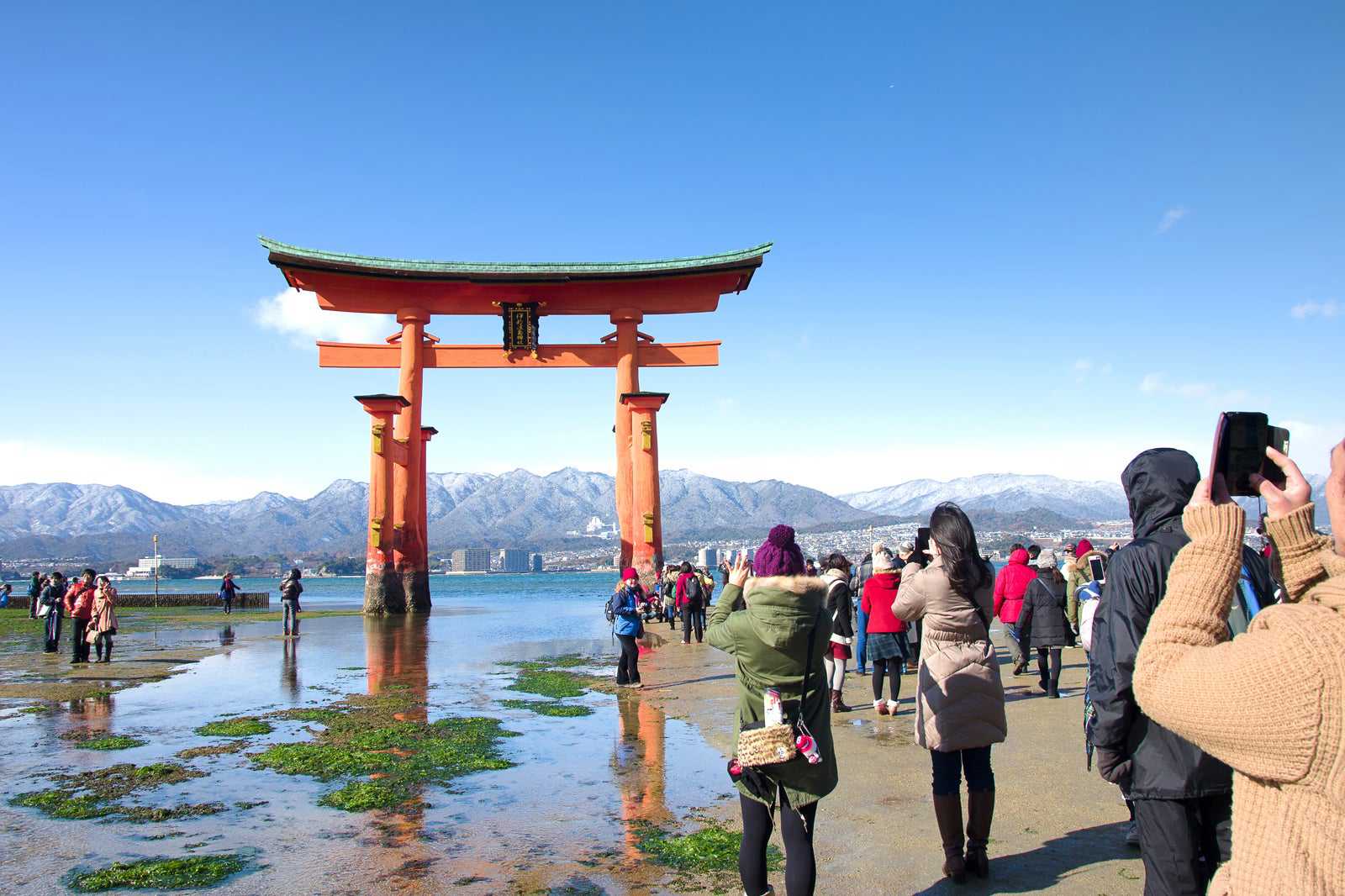
- Pasangan
- Keluarga
- Sejarah
- Foto
Itsukushima (also known as Miyajima Island) is an island located in the north-western part of Hiroshima Bay. It’s famous for the magnificent Itsukushima Shrine, and the shrine and the surrounding area is designated as a World Cultural Heritage Site.
Mount Misen, with an elevation of 535 metres, is a sacred mountain of the island and is worshipped as such. It’s also famous for the spectacular view from the summit. Miyajima’s delicacy of anago meshi (conger eel with rice), made by grilling conger eel and placing it on top of rice, is a must-try dish when visiting Miyajima. Also make sure to sample some delicious momiji manju (maple leaf-shaped cake with filling) for dessert or buy some as a souvenir.
Lokasi: Miyajima-cho, Hatsukaichi-shi, Hiroshima Prefecture 739-0588, Japan
Telepon: Miyajima Tourist Information Centre: +81 (0)829-44-2011
Peta - 3
Itsukushima Shrine
Take a breather and appreciate the beauty of the red torii gate standing on the sea
- Pasangan
- Keluarga
- Sejarah
- Foto
Baca selengkapnyaThe construction of Itsukushima Shrine, a designated National Treasure and UNESCO World Cultural Heritage site, dates back to the year 593. It’s said that later Kiyomori Taira worshipped at Itsukushima Shrine and built the main building in the sea in the shinden-zukuri architectural style used for the residences of nobles, as seen today, around 1168.
The scenic beauty of the vermilion-lacquered shrine, the clear blue sea spreading out in front of it, and the lush green primeval forest of Mount Misen in the background is regarded as one of the Three Great Views of Japan along with Matsushima and Amanohashidate. At high tide, the shrine is in the sea, and at low tide, you can walk through the tidal flat to the symbolic Otorii (Great Gate).
Lokasi: 1-1 Miyajima-cho, Hatsukaichi-shi, Hiroshima Prefecture 739-0588, Japan
Buka: Daily from 6.30 am to 6 pm (times vary depending on the season)
Telepon: +81 (0)829-44-2020
Peta - 4
Motoyasu River
An iconic river that runs through the middle of Hiroshima

- Pasangan
- Keluarga
- Sejarah
- Foto
Motoyasu River flows through Hiroshima City. After the atomic bombing in 1945, many victims came to the river looking for water and passed away here due to exhaustion. Every year on the 6th of August, a lantern floating ceremony is held to mourn the victims.
We shouldn’t forget this tragedy, but today, the left bank near Motoyasu Bridge has been developed as Motoyasugawa Open Café, and Motoyasubashi Pier serves as a departure and arrival point for the Hiroshima River Cruise and World Heritage Sea Route. There are also 2 oyster boats where you can enjoy oyster dishes near Heiwa Bridge.
Lokasi: Hiroshima City, Hiroshima Prefecture, Japan
Peta - 5
Momijidani Park
A beautiful park home to about 700 maple trees

- Pasangan
- Keluarga
- Foto
Momijidani Park is located on Miyajima Island in Hiroshima Bay. The park is at the base of the primeval forest of Mount Misen, about a 5-minute walk from Itsukushima Shrine and a 20-minute walk from Miyajima Pier.
There are about 700 Japanese maple trees here, including the Iroha Momiji and Yama Momiji varieties. The fresh green leaves from spring to summer and golden leaves in the autumn are spectacular. The ground turned red with fallen autumn leaves is also breathtakingly beautiful. The red Momiji Bridge and the scenery of red leaves of maple trees surrounding it is a popular photo spot. A famous Hiroshima souvenir, momiji manju (maple leaf-shaped cake with filling), was created using the motif of these autumn leaves.
Lokasi: Momijidani, Miyajimacho, Hatsukaichi City, Hiroshima Prefecture 739-0541, Japan
Buka: All day
Telepon: +81 (0)829-30-9141
Peta - 6
Mt. Misen
Miyajima's highest peak has been worshipped since ancient times and offers spectacular views of the Seto Inland Sea

- Pasangan
- Keluarga
- Foto
Mt. Misen (elevation: 535 metres) is the highest peak on Miyajima Island, which is famous for Itsukushima Shrine.
On Miyajima Island, where the entire island is considered sacred, Mount Misen has also been worshipped as a sacred mountain since ancient times. It’s said to have been founded by Kobo Daishi in 806. You can walk up the mountain from the base, but you can also take Miyajima Ropeway up to Shishiiwa (elevation: 433 metres) and walk from there to the summit, which takes about 30 minutes. The view from the summit is pretty stunning. You’ll see a panoramic view of the Seto Inland Sea and Shikoku Mountains. The strange megalithic stones near the summit add to the mountain's fame as a mysterious spiritual spot.
Lokasi: Miyajima-cho, Hatsukaichi-shi, Hiroshima Prefecture 739-0588, Japan
Buka: Misen Observatory Rest Area: Daily from 10 am to 4 pm
Peta - 7
Hiroshima Gokoku Shrine
A shrine dedicated to the war dead from the Meiji Restoration to World War II

- Sejarah
- Foto
Hiroshima Gokoku Shrine is located on the site of Hiroshima Castle, and it’s a shrine dedicated to the spirits of war victims from the Meiji Restoration, which marked the beginning of Japan’s modernisation, to the Pacific War.
Having been constructed in 1868, the former shrine building was destroyed by the atomic bomb and was rebuilt in its present location in 1956. In 2009, all facilities were renovated as a commemorative project for the 130th anniversary of the shrine’s founding. It’s one of the most significant shrines in the Chugoku region, receiving 600,000 visitors during the first 3 days of the New Year. It’s also famous for the annual visit of the Hiroshima-based professional baseball team Hiroshima Toyo Carp as they pray for victory.
Lokasi: 21-2 Motomachi, Naka-ku, Hiroshima City, Hiroshima Prefecture 730-0011, Japan
Buka: Daily from 9 am to 4.30 pm
Telepon: +81 (0)82-221-5590
Peta - 8
Takehara Townscape Conservation District
Hiroshima's "Little Kyoto" keeps alive the beauty of the Edo and Meiji periods

- Pasangan
- Keluarga
- Sejarah
- Foto
Takehara Townscape Conservation District is an area in Takehara City located in the central southern part of Hiroshima Prefecture. It’s designated as one of the National Preservation Districts for Groups of Traditional Buildings.
Takehara flourished as a manor of Shimogamo Shrine in Kyoto starting from the Heian period and is known as the “Little Kyoto of Aki” (Aki is the former name of Hiroshima). It developed rapidly with salt production and sake brewing in the Edo period, and many outstanding scholars were raised here as a result of the economic power of the area. The imposing houses found in the Townscape Conservation District are the result of the salt and sake brewing businesses and the culture of the townsmen, and even today their traditional appearance is retained.
Lokasi: Honmachi, Takehara City, Hiroshima Prefecture 725-0022, Japan
Telepon: Takehara City Industrial Promotion Division: +81 (0)846-22-7745
Peta - 9
Hiroshima Port
Enjoy the port atmosphere facing the Seto Inland Sea

- Pasangan
- Keluarga
- Foto
Hiroshima Port is located at the southern end of Hiroshima City, and you can get there by tram from the city centre. It used to be called Ujina Port and is a transportation hub in the Seto Inland Sea.
Liner ships bound for Etajima, Kure, and Matsuyama in Ehime Prefecture, as well as sightseeing ships cruising the Hiroshima Bay and Seto Inland Sea, depart from and arrive at the Hiroshima Port Ujina Passenger Terminal. In the surrounding Ujina coast area, a warehouse district and other facilities along the sea are being developed into a popular area with fancy cafés and furniture shops. Also check out Motoujina Park with its primeval forest on Ujina Island, which can be reached by crossing a bridge. Renting a bicycle is a good way to see the island.
Lokasi: 1-13 Ujinakaigan, Minami-ku, Hiroshima City, Hiroshima Prefecture 734-0011, Japan
Telepon: +81 (0)82-251-5191
Peta - 10
Public transport in Hiroshima City
Trams and buses make it easy to get around in the city of Hiroshima

- Keluarga
- Foto
There are plenty of public transport options in Hiroshima City, from iconic trams and buses to the railway lines of JR.
The trams have been in operation since 1912 and are very handy as they cover the entire city centre, Hiroshima Port, and Miyajimaguchi starting from Hiroshima Station. Famously, the service between Koi and Temma-cho was restored only 3 days after the atomic bombing, which gave encouragement to the surviving citizens. Bus lines also cover a wide area, starting from Hiroshima Bus Centre and Hiroshima Station South Exit. If your sightseeing in Hiroshima, the city has you covered.
Lokasi: Hiroshima City, Hiroshima Prefecture, Japan
Peta


